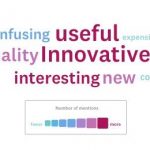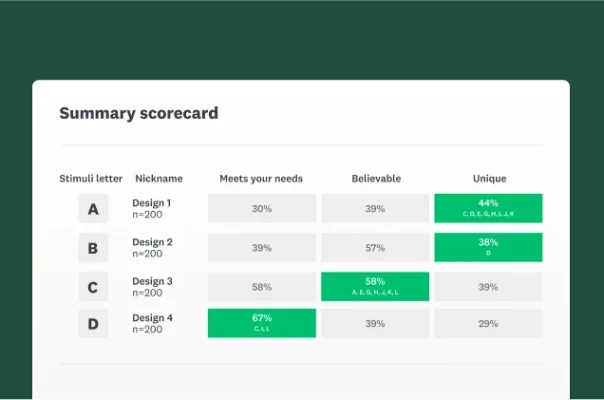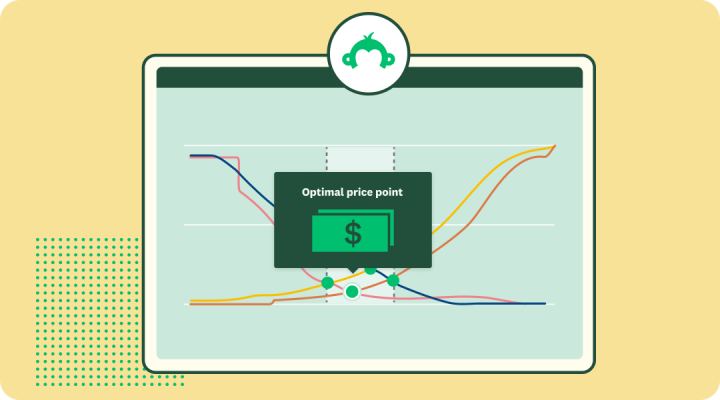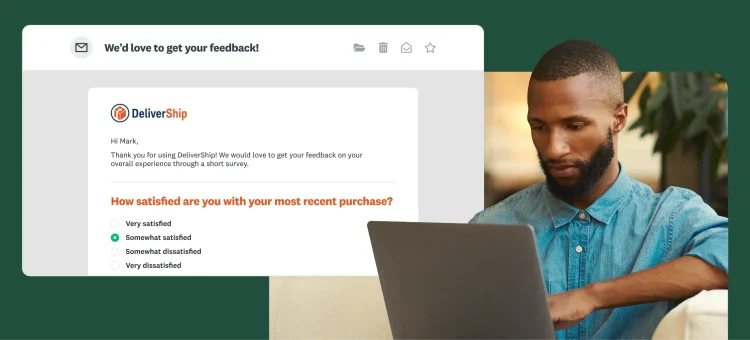Companies often feel pressure to move quickly on perceived opportunities. But taking time to gather customer insights and double-check promising concepts doesn't slow you down—it helps you move forward more effectively. In other words: When the stakes are high, innovation needs validation.
We’ve rounded up three SurveyMonkey success stories that embody this in different ways. Sakura of America, a century-old art supplies brand, stood ready to expand into new retail channels that could transform its market presence. The founders of Wave Deodorant were preparing to invest their savings in launching a next-level natural product. And ClickUp faced the prospect of spending millions on its first big game commercial, with 113 million viewers ready to judge its success or failure.
The risks were clear. A misstep could mean more than just wasted resources. It could damage brand reputation, drain crucial startup capital, or turn a major advertising investment into a costly mistake. But rather than rely on instinct alone, these companies turned to research to validate their moves. Here's how they relied on market research and feedback data from SurveyMonkey.
Messaging testing for better results
For ClickUp, message testing was crucial to its multimillion-dollar advertising investment. Using SurveyMonkey, it tested big game commercial concepts with over 5,000 respondents in less than a week. This large-scale feedback helped it select the most humorous and memorable version of its ad. It even leveraged the research to boost its SEO strategy, analyzing viewers' word associations to ensure people could find the ClickUp website even if they couldn't remember the company name.

Similarly, Sakura of America needed to validate how its marketing messages would resonate with a new audience. Its research revealed a crucial insight: unlike Japanese consumers, many potential North American customers viewed pens purely as writing tools rather than as artistic instruments. This understanding helped Sakura refine its messaging for big box retail spaces while maintaining its creative brand heritage.
Understanding customer attitudes and behaviors
Wave Deodorant used SurveyMonkey Audience to survey 500 diverse consumers about their natural deodorant experiences. The results were illuminating: 25% of respondents shared founder Christine Jennings's frustration with natural deodorants becoming ineffective over time, and 60% switched brands every one to six months searching for better solutions. This data not only validated Wave’s business concept but helped identify its most promising sales channels—direct website sales and pop-up events.
Sakura also gained valuable insights into customer behavior through usage and attitudes research. Studies revealed how North American consumers' preferences differed from their Japanese market, helping the company adapt its product development and marketing strategies accordingly.

Finding the right price point with data
Price optimization research proved valuable across all three companies. Wave Deodorant discovered that consumers would pay premium prices for quality natural ingredients, which helped its founders position their innovative multi-stick deodorant appropriately in the market.
Sakura used pricing research to guide product development decisions, particularly for new innovations like UV glowing gel ink. When testing a high-end pen concept, research confirmed that US consumers would consider a $100 price point too expensive, saving the company from a potentially costly mistake.

The power of validating business decisions
These three cases highlight a crucial business truth: gut instincts and innovative ideas are valuable, but data-driven validation is invaluable. Whether you're expanding into new markets like Sakura, launching a startup like Wave, or making a major advertising investment like ClickUp, research provides the confidence to move forward decisively.
As Sakura's Casey Singh put it, "SurveyMonkey allows us to take the emotion out of a decision. Instead of just saying, 'We don't think it would work in our market,' we can now say 'Here's why this would not work in our market, and here's the data behind it.'"
Making your next move
Ready to make your next big business move with confidence? Learn more about how the SurveyMonkey platform helps marketers validate decisions with reliable customer insights. From message testing to price optimization, we offer the research solutions you need to look before you leap.



